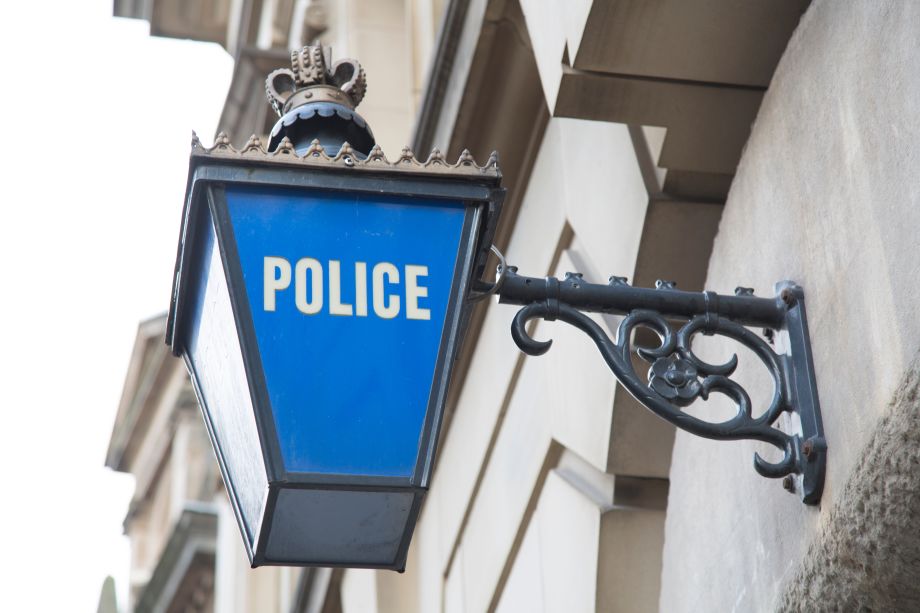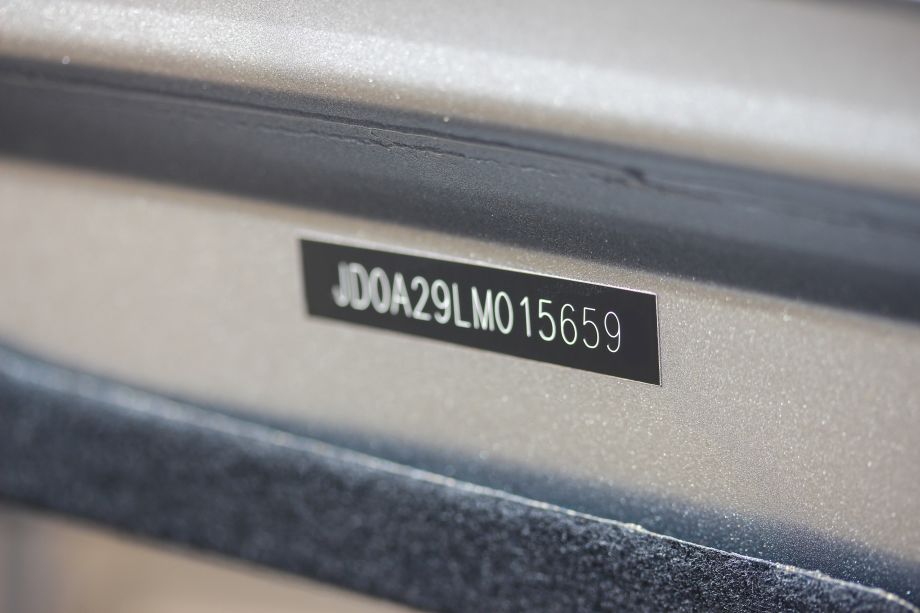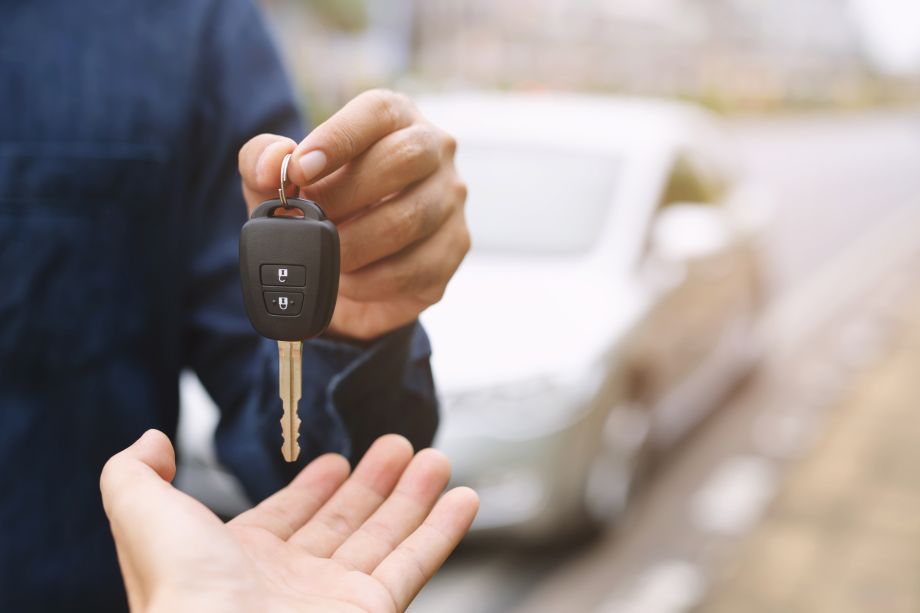How to locate a stolen car
Having your business car stolen is a bad experience, but there is still hope that you can get your stolen car back. Our guide takes you through every step of stolen car recovery for your business.

How long does it take to find a stolen vehicle?
Typically, if your car is missing for more than 60 days, the odds are not in your favour. Some investigations can even take months as the police may have to look into fraud possibilities.
Police often come across stolen vehicles for breaking traffic and parking laws. In these cases, luck is on your side as you’ll be able to get your company car back relatively quickly.
How long it takes to locate your vehicle depends on different factors such as:
- Whether there is any CCTV in the area at the time of the theft
- Area crime rates
- Efficiency of local police
How to file a stolen car report

The first thing you should do when you find that your car is missing or stolen is to file a report. The more details you have, the better. To file your report, the police will need:
- Last location your car was left
- Your ID details
- Description of your car
- VIN (Vehicle Identification Number)
iCompario tip:
Get your VIN number ready. The police can use this to track your vehicle if the car itself or parts of it are sold. Every VIN number is unique. You’ll find this number on your insurance papers and inspection paperwork.
Contact the insurance company
Contacting your insurance company is the next step. If you have comprehensive cover, you will have protection against theft.
Most policies can also help you repair your car if it was broken into or damaged by the theft. Some policies also cover you if items from the car have been stolen, such as tyres.
How long do insurance claims take for stolen cars?
Most insurers will take 30 days or more to pay out for your claim. This is because your car could still be found by the police.
How much you receive from your insurance company depends on the state of your car when it has been recovered. If your car is beyond repair, most insurers will give a pay roughly equal to the market value of the car before the theft. If your car has only been slightly damaged, most insurers will instead give you a payment that is enough to cover the cost of repairs.
The role of CCTV
There are round five million CCTV cameras in the UK. If you’re lucky, the theft of your car will have been caught on camera. But it depends on where your car was stolen.
If your car was parked near businesses like shops or a garage, it’s likely that there will be CCTV in operation. You can request to replay the footage in the local area where you last parked your car. Business owners can refuse to show you the footage or ignore your request, though. If they do show you the footage, take photos and give them to the police.
Once you’ve filed a police report, they will check the footage for you.
Track your car with VIN

A VIN is a unique number that every vehicle has. You can use this to track your vehicle when it makes its way back to a garage for inspection or for sale.
Some websites offer a car history report for a fee (around £15-£30). You can then skip to the latest part of the report to see where the last interaction was. If your car has been to a garage, serviced, or inspected by a business you don’t recognise then you should hand that information over to the police. This information can help narrow down the search.
Even if your VIN search gives you no new information, this tells you that the thief hasn’t tried to sell the car just yet.
Use vehicle tracking
- Track the location of important vehicles remotely
- Choose a secure device to secure your vehicle
Companies do have one solution that could help find stolen vehicles. Vehicle tracking uses GPS signals to track the location of your vehicle, among other details. Many businesses use tracking to keep an eye on highly valuable assets that are on the move like vehicles, shipping containers, and more.
How vehicle tracking works
There are a few different types of vehicle tracking. One of the best types to protect against theft is GPS. The vehicles can be fitted with trackers which automatically signal the location to you, so you can check the car’s location at any time.
Features of vehicle tracking
Some GPS tracking systems can come with additional features at an extra charge. These are some of the features that can give you extra detail to help track down a stolen car:
- Engine usage data
- Unauthorised usage alerts
- Real time travel data
How to use vehicle tracking against theft
You can hand over the data from your tracking system to the police. This will show the police the location of your vehicle. They will then get the vehicle for you.
It is best to hand over the information to the police. Do not attempt to recover the vehicle yourself.
How to get a GPS tracker
If you don’t already have vehicle tracking fitted into your business vehicles, it’s a tool you will want to consider. But which tracker is right for you? Use our quote comparison to find a fit for your business.
iCompario tip:
Some GPS trackers will suit your business needs more than others. Some trackers can be removed or damaged by thieves to stop the GPS signal. If your vehicles are high value, it’s best to get a highly resilient tracker that is hard to find and difficult to remove.
How to collect your car from the police

When your vehicle is found, it will often be taken by the police to the local compound for pick up. How the police handle things will depend on your local area.
In general, you’ll need to contact your insurance company and let them know the vehicle has been found before you go for collection. If you’ve made an insurance claim, the police will often require written confirmation from the insurance company.
If your car is rented or leased, you will have to tell the relevant company as well.
The police should send you a letter with details of recovery information. In many cases, you can book an appointment to pick up your vehicle to avoid a wasted trip.


